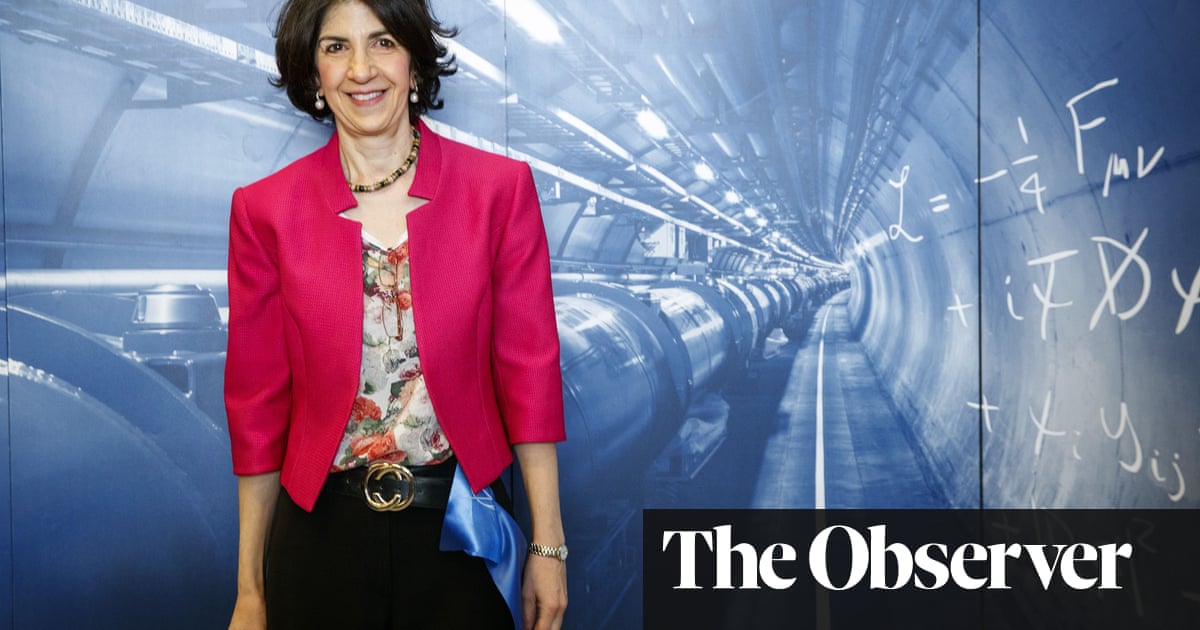What CERN Does Next Matters for Science and for International Cooperation
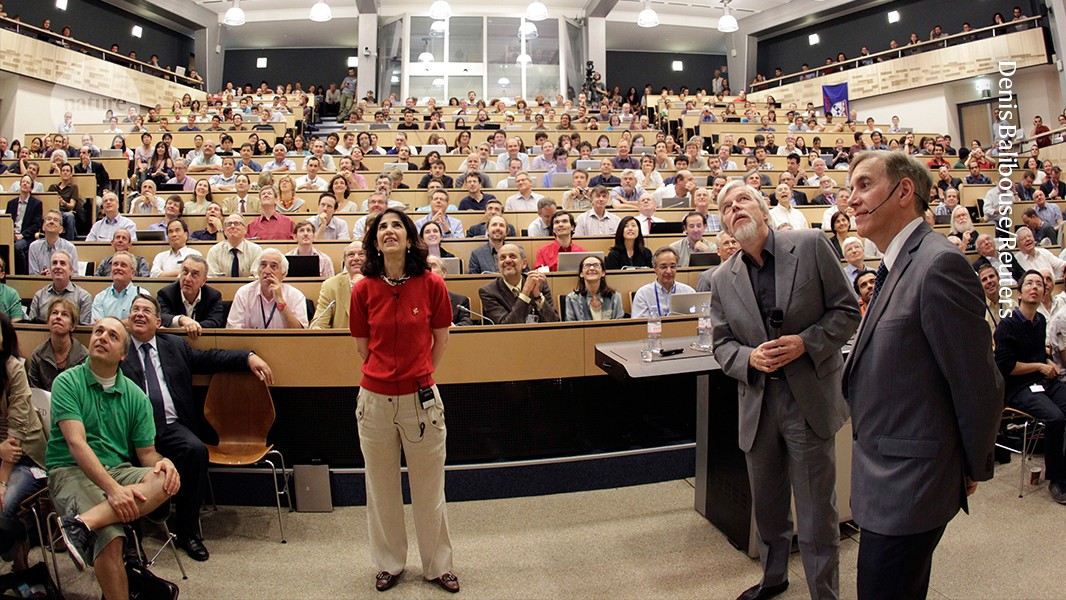
Send us a link

Investment in Big Science projects, such as the Large Hadron Collider at CERN, are often seen as purely scientific ventures. A more co-ordinated approach to Big Science across the UK and European Union could produce significant benefits.
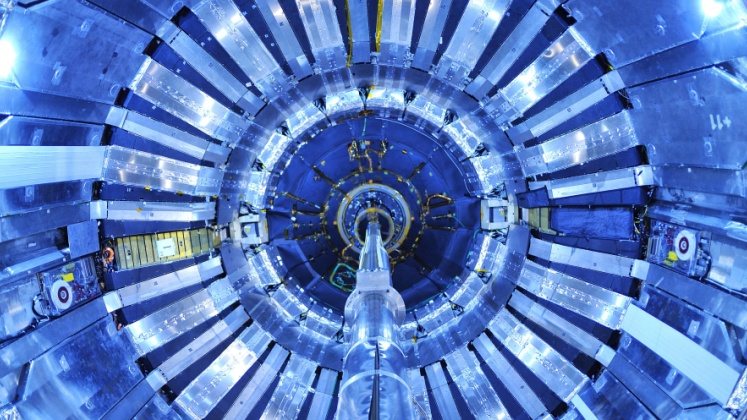
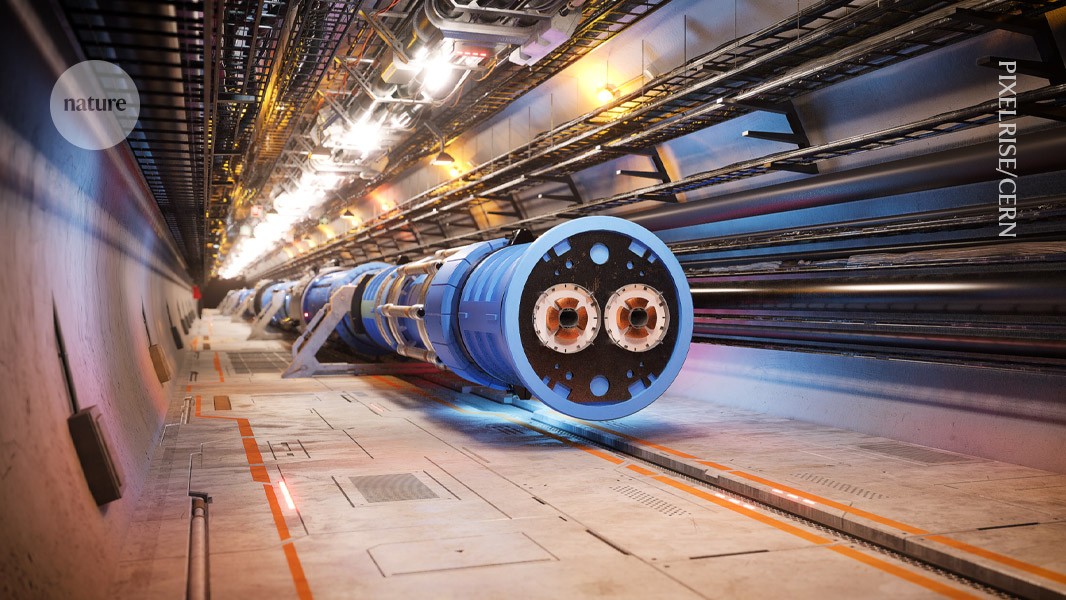

CERN and the not-for-profit organization OAPEN Foundation are happy to announce a further expansion of their collaboration to jointly promote open access to books.
The CERN Council has completed the midterm review of a feasibility study for a new particle accelerator that is set to replace the Large Hadron Collider (LHC), marking another step towards building the Future Circular Collider (FCC).

Exactly 30 years ago, CERN publicly released the tool that allowed scientists and institutes working on CERN data all over the globe to share information accurately and quickly.
In celebration of the 2023 Year of Open Science, CERN and NASA are jointly organizing "Accelerating the Adoption of Open Science", a week long open science summit at CERN in Geneva, Switzerland, from 10 to 14 July 2023.
Large-scale projects in fundamental science, such as major particle colliders, radio telescopes, synchrotron light sources are promoted by scientific communities in the first place, mainly funded by governments, and ultimately by taxpayers. Little is known, however, about preferences of the latter except in the form of qualitative social attitudes survey.
The dedicated Safety Policy spans all areas of occupational health and safety, including environmental protection and the safe operation of CERN's facilities. Continuous exchanges with similar research infrastructures on best practices and techniques ensure that we maintain the highest standards.
The CERN Council established a new open science policy for the organisation with immediate effect during its 209th Session in September.
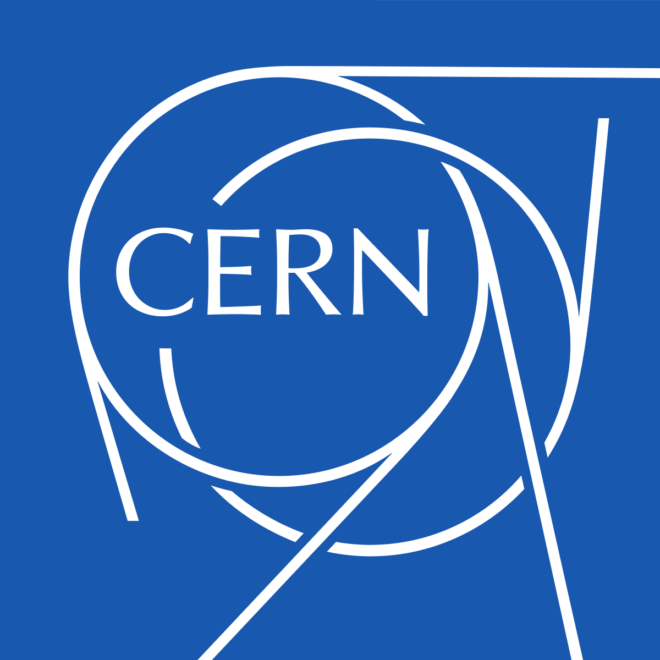
During its 209th Session in September, the CERN Council approved a new policy for open science at the Organization, with immediate effect.
Europe's largest research labs have begun to worry about soaring utility bills and are drafting proposals for additional funding, as they enter into negotiations with national research agencies on overall budgets.
With the Higgs boson already in the bag, the Large Hadron Collider begins another period of data collection
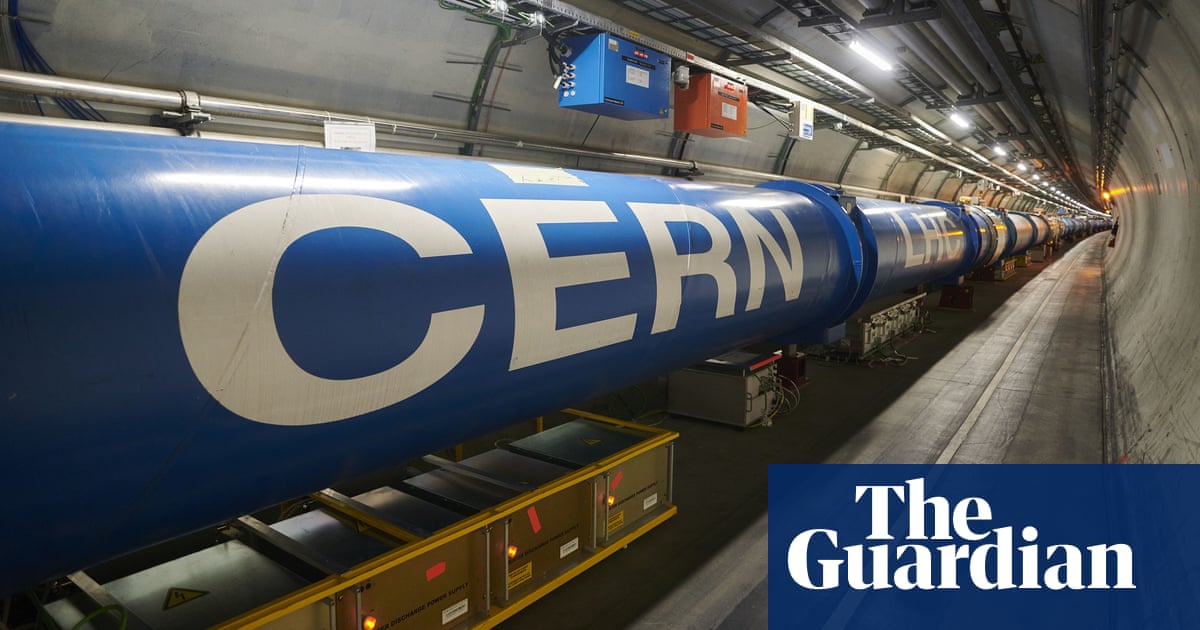
The Biden Administration is planning a campaign to attract Russian scientists and engineers to the US, in an effort to further weaken Russia's science and technology base. It also plans to help Russian physicists at the CERN nuclear lab continue working there, rather than return home when their normal visas expire, if they wish.
Switzerland and the UK play an important role in scientific projects that bring countries together.
Experts reveal 'cautious excitement' over unstable particles that fail to decay as standard model suggests

CERN is contributing computing resources to a volunteer-computing initiative that aims to better understand the virus behind COVID-19.
After the success of the first two rounds, Women in Technology is organising the third year of WIT Mentoring.
CERN has launched an ambitious drive towards open source software after Microsoft revoked its academic discount and introduced a new contract which was set to lead to a tenfold increase in licensing costs.
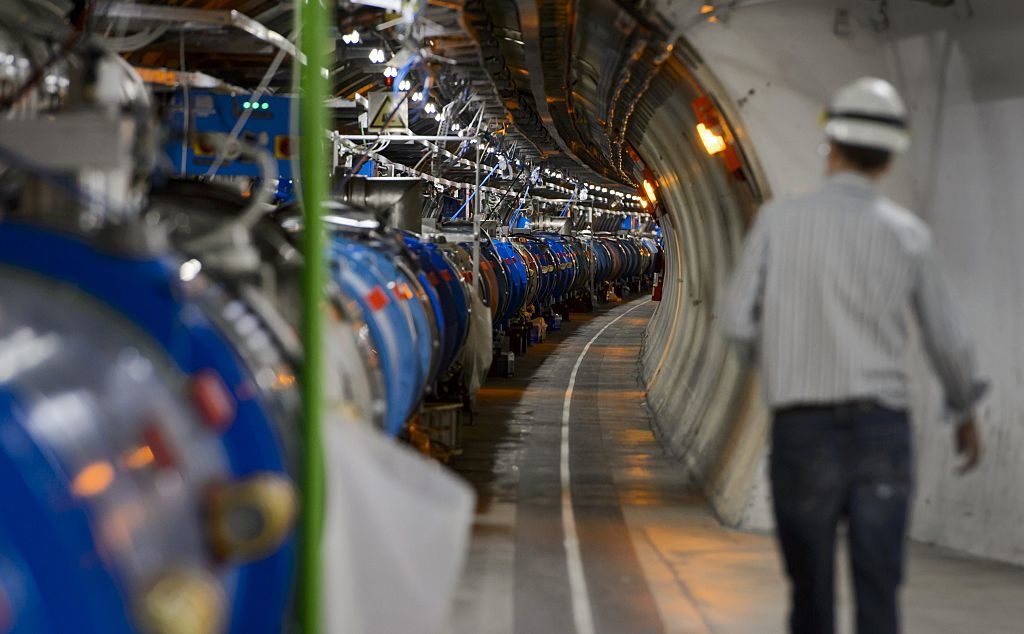
Today, CERN welcomes Serbia as its 23rd Member State, following receipt of formal notification from UNESCO that Serbia has acceded to the CERN Convention.
The director general of Cern talks about discovering the Higgs boson, women in science and the next generation of colliders.
